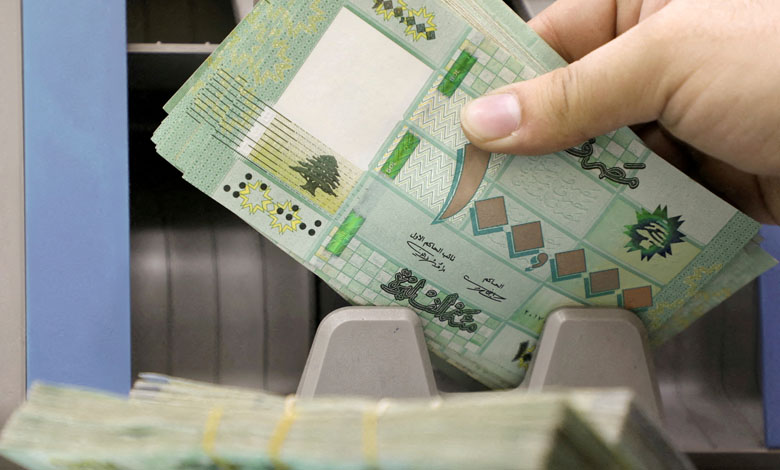Lebanese analyst: Beirut needs to reform the banking system

Lebanon is suffering from an extremely difficult economic crisis that will not be resolved by international or institutional intervention at all, according to a number of observers. The Lebanese economic crisis will be resolved primarily through internal political reforms and then economic reforms.
Social and economic rights
Human rights reports have revealed that Lebanon is unable to secure its social and economic rights amid a worsening economic crisis, with low-income families bearing the brunt of the crisis. The Lebanese government and the World Bank should take urgent action to invest in a rights-based social protection system that ensures a decent standard of living for all.
New Human Rights Watch research has highlighted the alarming levels of poverty and food insecurity in Lebanon due to declining economic activity, political instability, and rising living costs. The authorities’ response does not guarantee everyone’s right to an adequate standard of living, including the right to food. “Universal social protection that guarantees everyone’s right to social security in Lebanon can help mitigate economic shocks and ensure an adequate standard of living, including in times of crisis.” “But Lebanon’s social protection system is highly fragmented, leaving most informal workers, the elderly, and children unprotected and fostering socioeconomic inequality.”
Exacerbating the crisis
After three years of economic crisis, the government has not taken adequate measures, the current subsidy system reaches a very small percentage of people with limited income, leaving the majority without any protection,” said Dr. Irene Khan. The coverage of current social assistance programs, funded in part by the World Bank, is low and very narrowly targeted at families living in extreme poverty, leaving large segments of the population unqualified to go hungry, unable to access medicines, and subject to other types of deprivation that undermine their rights such as the right to food and health. The Government has not yet adopted a national social protection strategy that guarantees the right to social security for all.
The report revealed that the current social protection system is unable to cope with the crisis for many people. Nearly 70% of households said they had difficulty making ends meet or were consistently late in paying basic expenses in the previous year.
Unprecedented crisis
Fadi Akoum, a Lebanese political analyst, says the severity of the current economic crisis underscores the urgent need for a comprehensive, rights-based social protection system that leaves no one behind and fulfills everyone’s right to an adequate standard of living and social security. “Donors and the government should recognize the widespread suffering and put in place a system that ensures basic social safeguards, such as child benefits, disability benefits, unemployment, and old age pensions, with the state responsible for ensuring safe access to food and income for all.”
The Lebanese analyst added that Lebanon is in need of reform in the banking system and fiscal policy, as until today $7 billion annually in remittances from Lebanese abroad enter the Lebanese interior, accounting for 33% of the Gross National Product.
He pointed out that Lebanon has been suffering from a very difficult economic crisis for many years, and in light of international events the internal Lebanese situation has deteriorated in an unprecedented way. He explained that the financial and economic system in Lebanon is suffering from a very large crisis, with losses of about $72 billion, which is equivalent to three times the Lebanese GDP in 2021.












